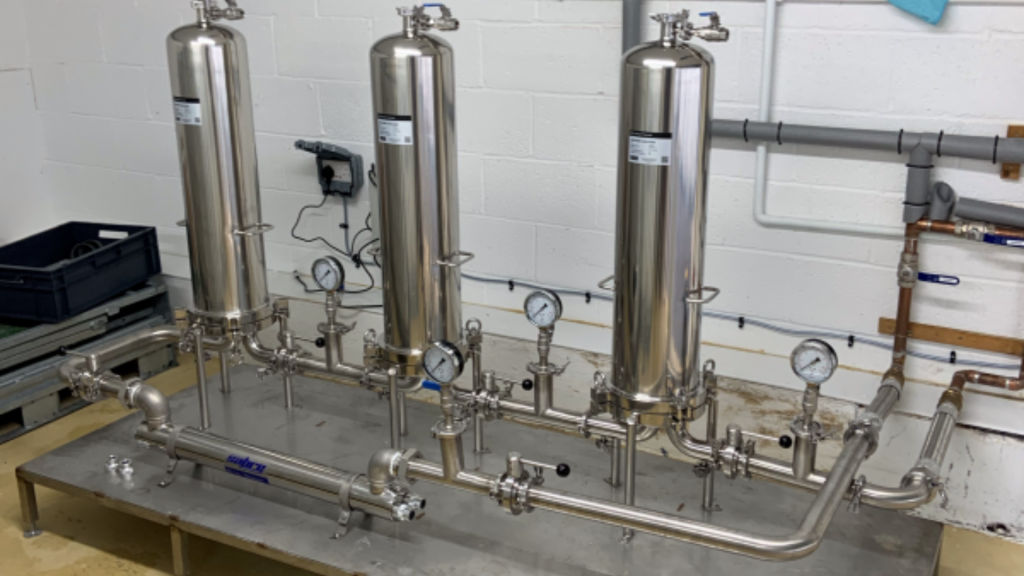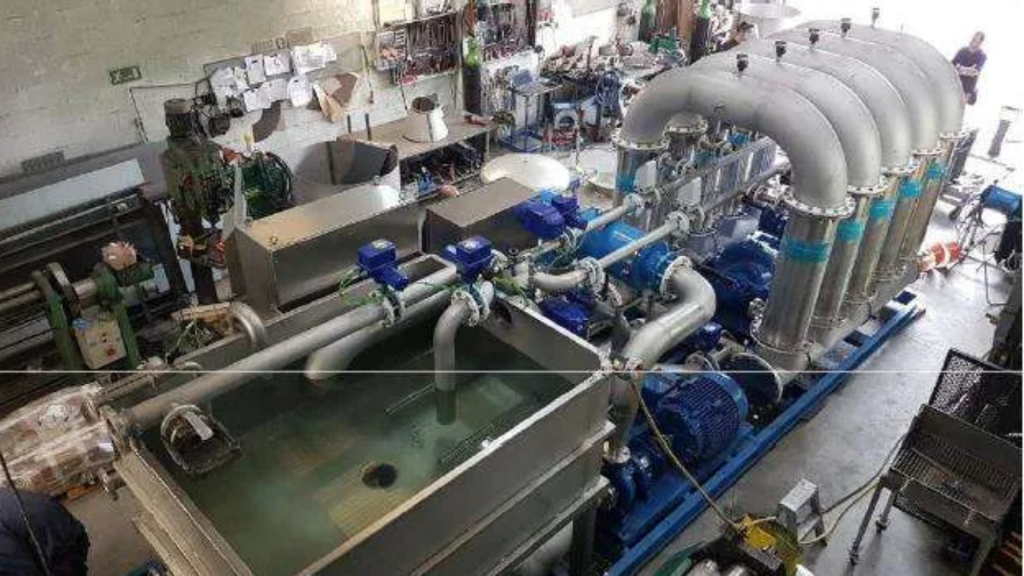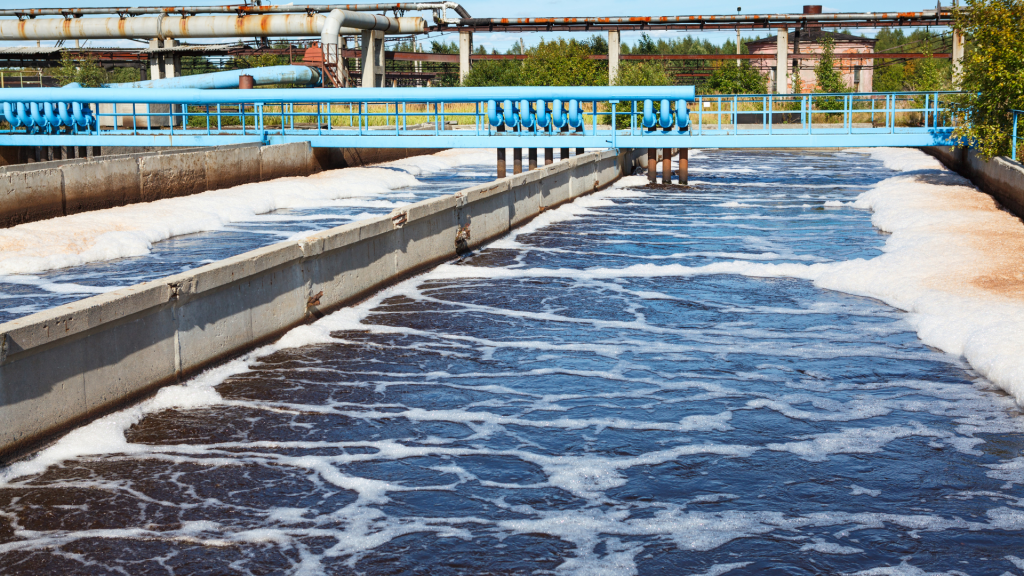- Home >
- Industries >
-
Pharmaceutical
- Aerospace
- Agriculture
- Automotive
- Food & Beverage
- Industrial
- Pharmaceutical
- Utility
Pharmaceutical
Water treatment plays a vital role in the pharmaceutical sector, focusing on upholding the purity and safety of water utilized throughout various stages of drug production. This process centers on eliminating contaminants and impurities from water to adhere to regulatory standards stipulated by local authorities. The quality of water directly impacts the safety and integrity of pharmaceutical products, underscoring the necessity of employing sophisticated water treatment technologies and upholding stringent quality assurance practices. Within the pharmaceutical industry, distinct grades of water are utilized, such as purified water (PW), Water for Injection (WFI), and ultra-pure water (UPW), each requiring specific quality parameters to meet industry standards.
Application of Water treatment
Pharmaceutical-grade water serves a range of vital purposes in various applications within the industry, including:
(1). Drug Formulation: Water serves as a solvent in the manufacturing of liquid formulations, ensuring the uniform distribution of active pharmaceutical ingredients (APIs).
(2). Sterilization Processes: Water is integral in steam sterilizers (autoclaves) for the sterilization of equipment, containers, and instruments.
(3). Cleaning and Rinsing: Purified water is indispensable for cleaning and rinsing equipment and containers to prevent contamination.
(4). Analytical Testing: High-purity water is a necessity for accurate and reliable analytical testing procedures.
(5). Production of Active Pharmaceutical Ingredients (APIs): Water of exceptional purity is essential during the synthesis of APIs to prevent impurities from compromising chemical reactions.
Technologies used in Pharmaceutical Water Treatment
Pharmaceutical water treatment relies on a variety of sophisticated technologies to adhere to the necessary purity standards. These technologies include:
(1). Reverse Osmosis (RO): This method utilizes a semipermeable membrane to eliminate ions, molecules, and larger particles from water, effectively minimizing contaminants.
(2). Ultrafiltration (UF): UF membranes are instrumental in removing bacteria, viruses, and colloids, ensuring microbial purity.
(3). Deionization (DI): Through an ion exchange process involving hydrogen and hydroxide ions, DI eliminates ions from water, resulting in deionized water.
(4). Distillation: By boiling water and then condensing the steam, distillation produces highly pure water, commonly utilized for Water for Injection (WFI) purposes.
(5). Ultraviolet (UV) Disinfection: UV light is employed to deactivate microorganisms by disrupting their DNA, offering an additional layer of microbial control.
Case Studies

02.05.2022

05.05.2021
02.05.2022
05.05.2021


